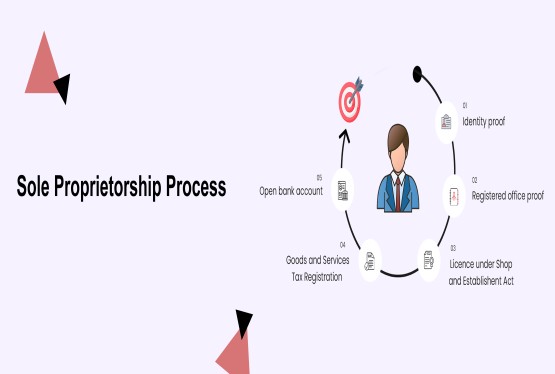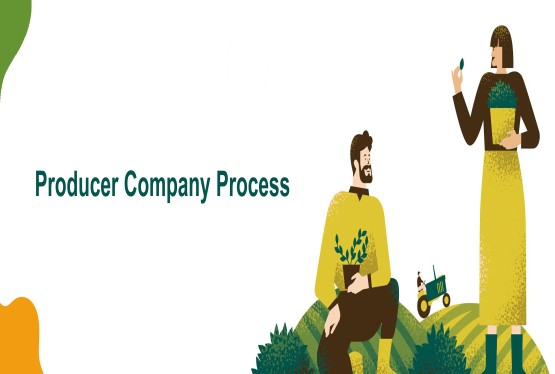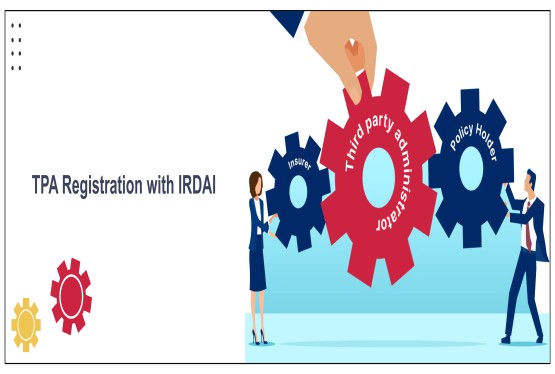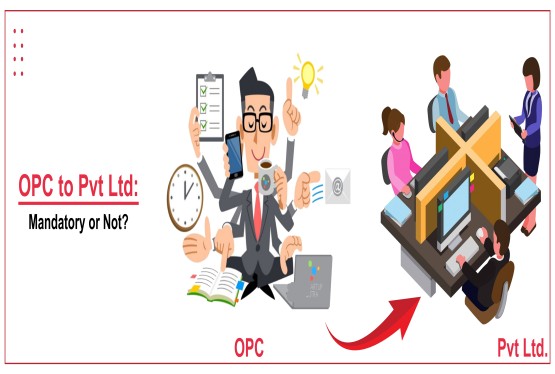The Mahila Udyam Nidhi (MUN) Scheme is an important initiative by the Small Industries Development Bank of India (SIDBI) to support women entrepreneurs. This scheme offers financial assistance at concessional interest rates to help women establish and expand their businesses. In this article, we are going to discuss the features, benefits, and importance of Mahila Udyam Nidhi Scheme.
Overview of the Mahila Udyam Nidhi Scheme
The Mahila Udyam Nidhi Scheme aims to empower women in the business world, specifically within the Micro, Small, and Medium Enterprises (MSME) sector. With this scheme, women entrepreneurs can access loans to start new projects or enhance existing businesses involved in manufacturing, services, or production.
Women entrepreneurs’ contributions are highly appreciated, however there is a need to improve access to financial resources. This scheme addresses these needs by providing support at reasonable conditions, supporting women’s economic participation and self-reliance.
Features of the Mahila Udyam Nidhi Scheme
1. Loan Amount: Women entrepreneurs can avail loans of up to 10 lakhs. This funding can be used to start a new business or upgrade an existing project.
2. Interest Rate: The interest rates are not fixed and vary from bank to bank. SIDBI sets these rates, which are informed to the entrepreneurs.
3. Repayment Period: The maximum loan repayment period is up to 10 years, including a moratorium of up to 5 years.
4. Usage of Funds: Loans can be used for various purposes like upgrading technology, expanding operations, or investing in new business projects.
Eligibility Criteria
-
Registered MSMEs: The business must have MSME Registration Certificate under the MSME Act.
-
Ownership: The enterprise should be at least 51% owned by a woman.
-
Business Type: Only non-agricultural businesses are eligible, including manufacturing, services, and production-based enterprises.
Application Process for the Mahila Udyam Nidhi Scheme
To apply for the Mahila Udyam Nidhi Scheme, follow these steps:
-
Visit the official website of the lending bank (e.g., SBI, Punjab National Bank).
-
Search for the Mahila Udyam Nidhi Scheme in the search box.
-
Download and print the application form.
-
Fill in the details such as business information, contact details, and financial data.
-
Attach necessary documents like identity proof, address proof, and a photograph.
-
Submit the completed form to the nearest bank branch.
Activities Supported Under the Scheme
The Mahila Udyam Nidhi Scheme covers a various activities, including:
-
Auto-repair and servicing centers
-
Beauty Parlors and salons
-
Canteens and restaurants
-
Computerized desktop publishing
-
Cyber cafés
-
Daycare centers and crèches
-
Mobile repairing services
-
Laundry and dry cleaning
-
Purchase of auto-rickshaws, two-wheelers, and cars
-
Tailoring and training institutes
Benefits of the Mahila Udyam Nidhi Scheme
-
Promotes Women Entrepreneurship: Help more women to step into business, contributing to economic growth.
-
Job Creation: Increases employment in the micro and small-scale sector.
-
Equity Gap: Helps women-owned businesses overcome financial challenges.
-
Supports Technological Advancement: Helps in transformation and technology upgrades in service sectors.
-
Collateral-Free Loans: Loans under this scheme are collateral-free, making it easier for women to secure financial backing.
Interest Rates and Additional Charges
Interest rates for loans under the Mahila Udyam Nidhi Scheme are usually lower, typically ranging from 7.35% to 7.60%. However, they may vary based on the project cost and bank policies. A service charge of 1% per year is also applicable. Some banks may waive this charge based on specific conditions.
Why is the Mahila Udyam Nidhi Scheme Important?
Despite women contributing significantly to India’s industrial output and employment, there remains a wide gender gap in entrepreneurship. India ranks 3rd highest internationally in terms of this gap. Here are some reasons why the Mahila Udyam Nidhi Scheme is important:
-
Limited Awareness: Only 17% of women entrepreneurs are aware of government schemes like the Mahila Udyam Nidhi.
-
Access to Finance: Women often face higher borrowing costs and stricter loan conditions compared to men. This scheme aims to make financing more accessible.
-
Lack of Collateral: Many women lack assets to use as collateral, making it difficult to secure traditional loans. This scheme provides collateral-free options.
-
Short-Term Loans: Women-owned businesses frequently receive shorter-term loans, which can hinder long-term growth.
Challenges Faced by Women Entrepreneurs
-
Creditworthiness Issues: Many banks struggle to assess the creditworthiness of women-owned businesses due to traditional credit scoring models that require collateral or a strong credit history.
-
Higher Rejection Rates: Studies show that loan applications from women are more likely to be rejected. In India, the situation is similar, making schemes like MUN essential.
Additional Government Initiatives for Women Entrepreneurs
Apart from the Mahila Udyam Nidhi Scheme, several other initiatives support women entrepreneurs, such as:
-
Udyog Aadhaar: Simplifies the registration process for small businesses, enabling them to benefit from government schemes.
-
Udyam Sakhi: Launched by the Ministry of MSME, this initiative provides support and resources to women entrepreneurs.
Conclusion
The Mahila Udhyam Nidhi Scheme is an important initiative proposed to support women entrepreneurs in India. It provides financial support at low-interest rates, making it easier for women to start and grow their businesses. By helping their involvement in different industries, this scheme helps to handle economic growth. It aims to allow women to become self-reliant and successful, not just by starting businesses, but by creating a future built on entrepreneurship, innovation, and equality.
If you have any questions, book a consultation call today with our experts.












_crop10_thumb.jpg)





_crop10_thumb.jpg)




























-Form_crop10_thumb.jpg)

_crop10_thumb.jpg)






















_learn_crop10_thumb.jpeg)
































_crop10_thumb.jpg)

_crop10_thumb.jpg)





















_crop10_thumb.jpg)















_for_Foreign_Directors_learn_crop10_thumb.jpeg)




_Act,_2015_learn_crop10_thumb.jpg)



































_learn_crop10_thumb.jpg)


































